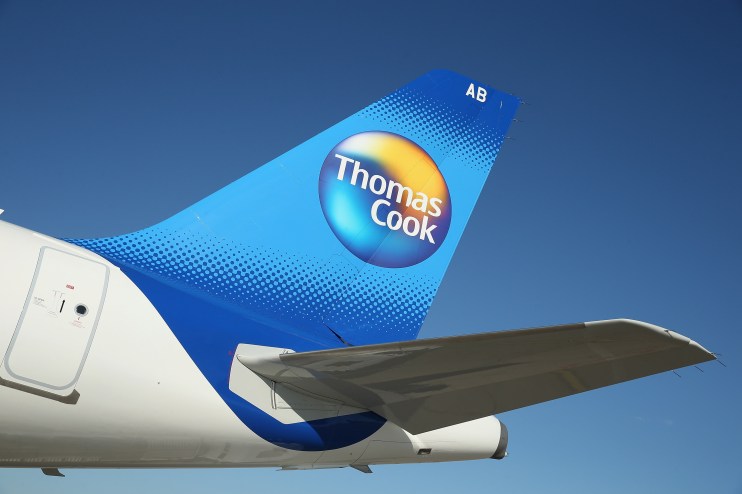Thomas Cook shares plunge on fresh funding talks as it nears Fosun tie-up

Thomas Cook shares plummeted this morning as investors digested the news the tour operator is in advanced discussions with bond holders for a £150m cash injection, on top of the £750m rescue deal it is already working on with lead investor Fosun, which would nearly wipe out shareholders.
The company’s market value dropped 17 per cent in early trading. Shares were valued at just 8p after the announcement, having started 2019 at 33p.
Read more: Thomas Cook shares hit record low amid £750m takeover talks with Fosun
The money will help the embattled travel giant stay afloat over the winter period, which is cash-low for season-driven holiday firms like Thomas Cook.
Last month, the 178-year-old operator began talks with Fosun for a £750m rescue that would give the Chinese conglomerate control over the firm’s package tour business. This morning, Thomas Cook said it had made significant progress towards finalising the agreement.
The Fosun deal would involve the Chinese firm, plus Thomas Cook’s banks and bond holders converting a large chunk of the travel firm’s £650m bank debt and €1.15bn (£1.07bn) bond debt into equity.
Existing shareholders are “expected to be significantly diluted” as a result of the deal. Thomas Cook hopes to go ahead with the recapitalisation in October.
Analyst at CMC Markets David Madden said: “The company can’t seem to get a handle of its finances, and the timing isn’t great given that some people are curtailing non-essential expenditure such as travel.”
Read more: Thomas Cook: How did it end up like this?
In a statement, the firm told markets: “Thomas Cook has made significant progress towards finalising the key transaction terms of the recapitalisation with Fosun, the group’s core lending banks and subsequently with noteholders representing approximately 50 per cent of the company’s 2022 and 2023 senior notes.
“The discussions with noteholders include the injection of additional capital on top of the previously announced £750 million. This additional capital, of approximately £150 million, will provide further liquidity headroom through the coming 2019/20 winter cash low period and ensure the business can continue to invest in its strategy.”
Main image: Getty